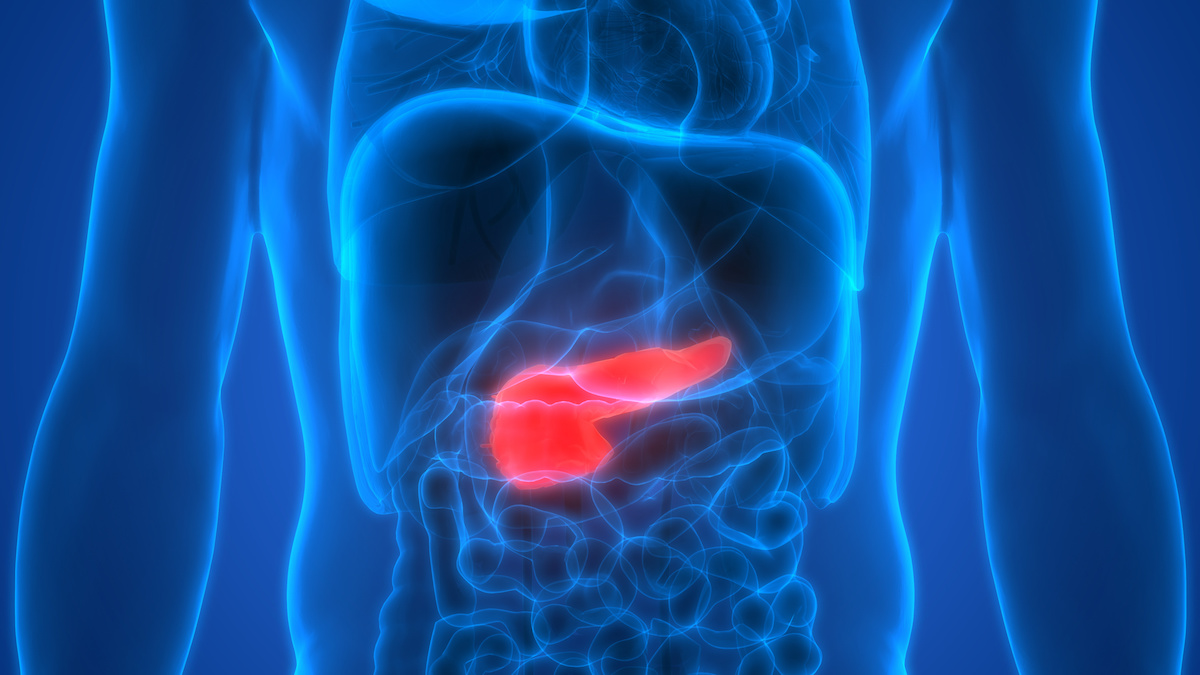November is Pancreatic Cancer Awareness Month

Did you know that November is Pancreatic Cancer Awareness Month? In the U.S., about 62,000 people are diagnosed with cancer of the pancreas each year. Of those, about 49,000 will live. The chance of living beyond 5 years with pancreatic cancer is 11%. With such a poor prognosis, it’s the perfect time to raise awareness for pancreatic cancer this November. After all, early detection can help.
In November, we challenge you to ignite your passion for making an impact on this devastating illness. We have compiled a list of events and activities to get you started. These helpful ideas will help you bring light to this disease during November and beyond.
What is Pancreatic Cancer?
Pancreatic cancer is a deadly form of cancer that starts in the tissue of the pancreas. This gland is located behind the stomach, and it produces enzymes that help your body digest food. Pancreatic cancer is rare, but the prognosis is poor.
There are very few risk factors that can be controlled, but researchers are trying to learn more about pancreatic cancer to better understand how to prevent it.
Who is the Most Susceptible to Getting Pancreatic Cancer?
People with a family history of pancreatic cancer, certain genetic makeup, or certain lifestyle habits are at a higher risk of developing this type of cancer. Those who are at a higher risk for pancreatic cancer can reduce their risk by adopting a healthy lifestyle.
Pancreatic cancer often has no clear cause, but there are some risk factors that can increase the chances of developing this disease. These risk factors may not be controllable, but they can be monitored to help prevent pancreatic cancer. Risk factors may include:
- Family history of pancreatic or other cancers
- Excessive alcohol consumption
- Obesity
- Diabetes
- High blood cholesterol
- Aged 35–69 years old
What are the Signs of Pancreatic Cancer?
Pancreatic cancer shows no signs or symptoms in its early stages. You may discover it during a routine doctor visit or screening, or when a person is in the hospital for another reason.
When symptoms do appear, they may include pain in your upper abdomen, back, or side. You may experience feeling very full while eating, weight loss without trying, nausea, or feeling extremely bloated. Some people may also have blood in their stools, feel very sick, or have difficulty eating.
What is the Treatment for Pancreatic Cancer?
The main treatment for pancreatic cancer is surgery to remove the tumor. If possible, the doctor will try to remove the entire tumor to reduce the risk of recurrence. If removal is impossible or if it is close to vital organs, such as the bile ducts, other treatments may be recommended instead.
Chemotherapy may be used to shrink large tumors, slow the growth of smaller ones, and reduce the risk of recurrence. Radiation therapy may be used to shrink tumors and ease symptoms such as pain or difficulty eating.

Is Pancreatic Cancer Curable?
There is no easy answer to this question. Pancreatic cancer is a very serious and difficult condition to treat. It has a very low survival rate, especially in the later stages.
In most cases, the best we can hope for is to control the disease and make the patient comfortable. The most important part to remember that it is vital to get an early diagnosis of this condition. You’ll want to begin treatment as quickly as possible for your survival.
How to Recognize Pancreatic Cancer Awareness Month
You know that November is pancreatic cancer month, but what does that mean? This is a time to be aware of the signs and how you can help those who are suffering. Whether you have pancreatic cancer or you simply want to educate yourself on this illness, consider the following advice:
– Create a Pancreatic Cancer Action Plan: You can never be prepared for a pancreatic cancer diagnosis. But you can be prepared for the follow-up treatment. Creating an action plan, especially if you’re at high risk, can ease your fears, improve your quality of life, and help you better fight the disease.
– Organize a Pancreatic Cancer Fundraiser: Whether it’s a bake sale, car wash, or 5K race, organizing or participating in a pancreatic cancer fundraiser is a great way to raise awareness and funds for this disease.
– Wear Purple: The color purple has become synonymous with pancreatic cancer. Wearing it during Pancreatic Cancer Awareness Month and throughout the year can help spread awareness. You can wear anything from a shirt to a scarf to a pair of shoes.
– Attend a Pancreatic Cancer Event in Your Area: There are hundreds of pancreatic cancer events happening each year. From walk/run races to educational seminars, there’s an event near you. Check with your local hospitals and organizations to find one in your area.
Spread the Word Through Social Media and Blogging
Blogging is an easy and impactful way to spread the word about pancreatic cancer. Those who have a personal blog or even vlog can use this platform to help spread the word. You can talk to your friends and family about common questions or myths about this cancer.
This is also a great time to educate people on how to get involved. In fact, we have some ideas that you can share with friends and family during the month of November.
Change Your Profile Picture for Awareness
Just by changing your profile picture, you can help bring attention to pancreatic cancer. This also makes it easy for others to quickly identify your cause and get involved.
– Choose a picture that represents pancreatic cancer. This can be a picture of you wearing your purple gear or an awareness logo.
– Remember to change your picture back to your normal one at the end of the month. There are lots of causes that need attention throughout the year.
Need Support? Organize Local Pancreatic Cancer Chat Nights
Chat nights are a great way to connect with people online who are impacted by pancreatic cancer. Connecting with others who have had a similar diagnosis or are currently undergoing treatment can help you feel less alone and isolated.
– Pancreatic Cancer Chat: This group has been around for a few years and is a great place to find other people impacted by the disease or to share your own story.
– Pancreatic Cancer Support Group: This Facebook group is a great place to connect with others on a more personal level.
Conclusion
November is Pancreatic Cancer Awareness Month. If you have concerns about the health of your pancreas, Hillandale Primary Care can help. Please contact us today to schedule an appointment if you believe you have signs of pancreatic cancer.
Keyword: November is Pancreatic Cancer Awareness Month
Meta: Did you know that November is Pancreatic Cancer Awareness Month? Learn all about this cancer with a very poor prognosis.



